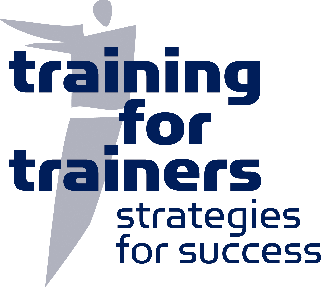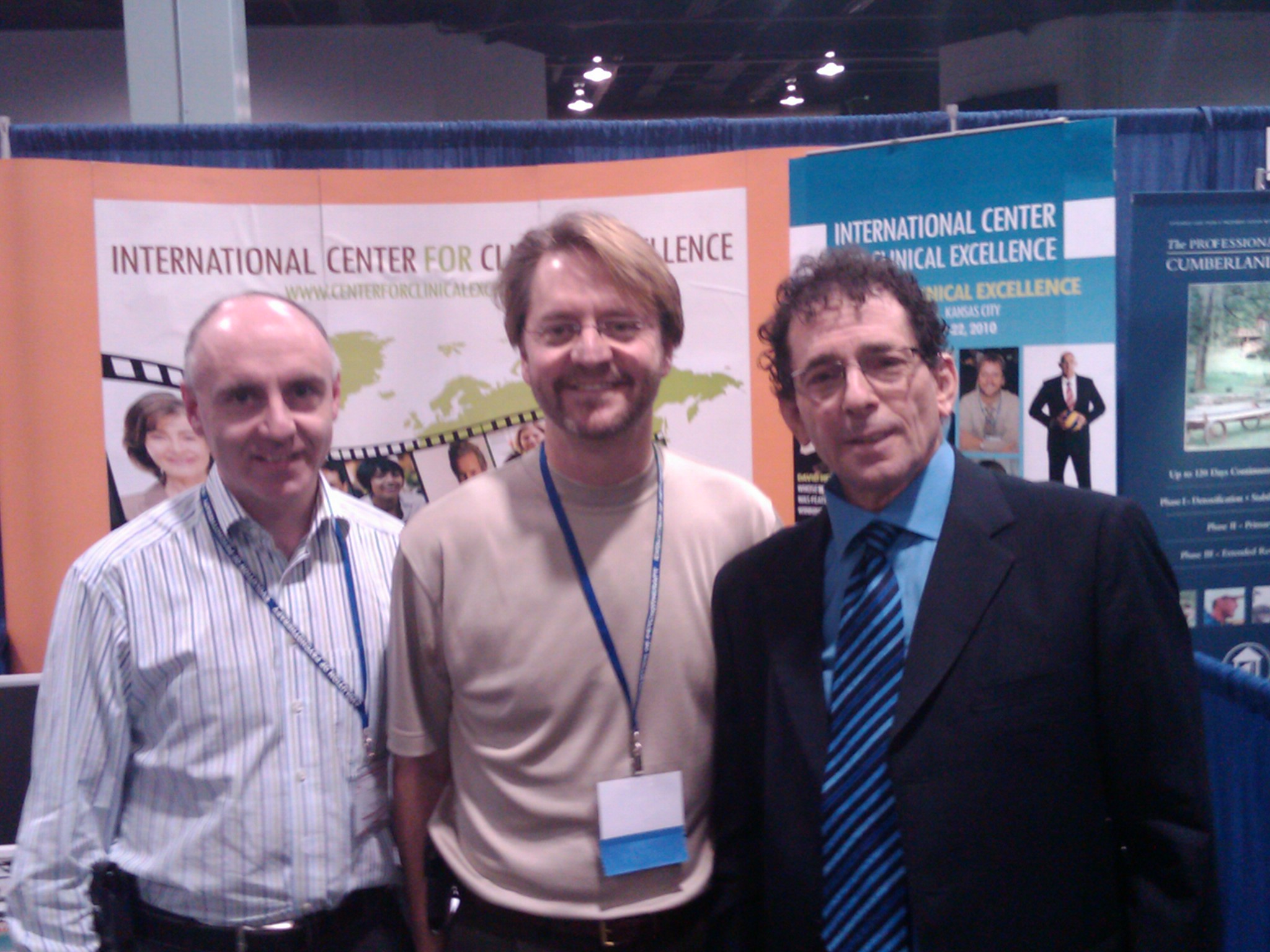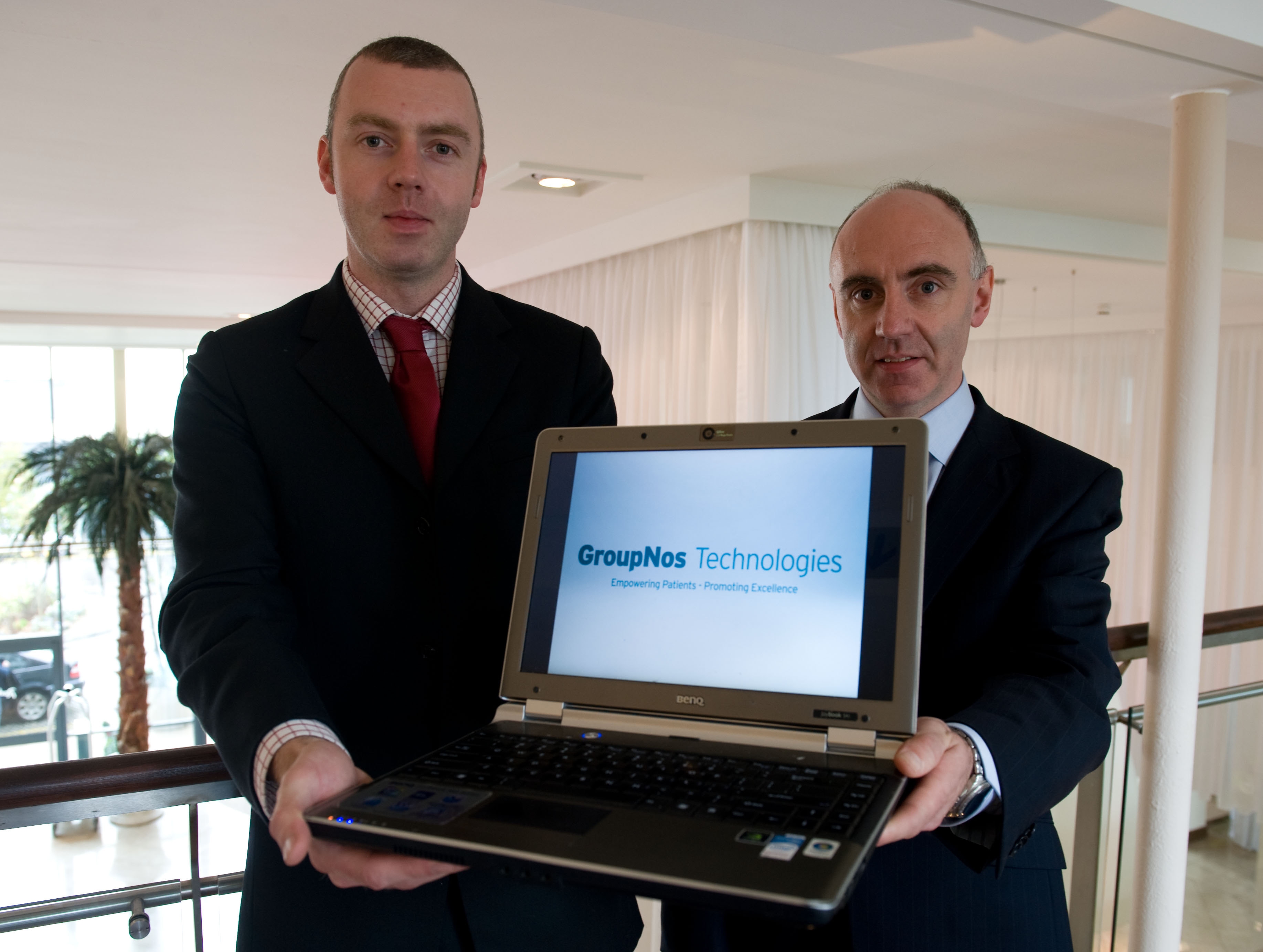The available evidence is clear: seeking formal feedback from consumers of behavioral health services decreases drop out and deterioration while simultanesouly improving effectiveness. When teaching practitioners how to use the ORS and SRS to elicit feedback regarding progress and the therapeutic relationship, three common and important concerns are raised:
- How can such simple and brief scales provide meaningful information?
- Are consumers going to be honest?
- Aren’t these measures merely assessing satisfaction rather than anything meaninful?
Recently, I was discussing these concerns with ICCE Associate and Certified Trainer, Dan Buccino.
Briefly, Dan is a clinical supervisor and student coordinator in the Adult Outpatience Community Psychiatry program at Johns Hopkins. He’d not only encountered the concerns noted above but several additional objections. As he said in his email, “they were at once baffling and yet exciting, because they were so unusal and rigorous.”
“It’s a sign of the times,” I replied, “As FIT (feedback informed treatment) becomes more widespread, the supporting evidence will be scrutinized more carefully. It’s a good sign.”
Together with Psychologist and ICCE Senior Associate and Trainer, Jason Seidel, Dan crafted detailed response. When I told them that I believed the ICCE community would value having access to the document they created, both agreed to let me publish it on the Top Performance blog. So…here it is. Please read and feel free to pass it along to others.













